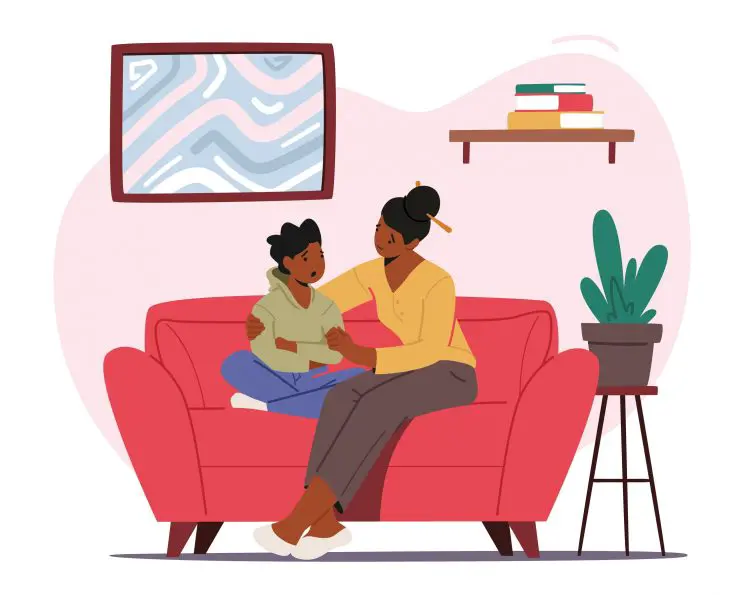Mental health and looking after our mental health is something that our society is recognising as important more and more. And rightfully so.
Our mental health is extremely important and it is something that needs consistently nurtured and cared for.
How we deal with our mental health as adults greatly depends on how it is dealt with in our childhood homes and by our parents.
If we want our children to grow up with good mental health, we need to promote good mental health practices to them as their parents.
There’s no way around it.
Here are our top 3 reasons exactly why promoting good mental health practice as a parent is so important. If you didn’t agree at the start of this blog, I guarantee you will by the end of it.
What children see, they do

Remember that whatever you do, your child will copy, especially when they are very young.
If you look after your mental health, talk openly about mental health, and promote good mental health practice, it is much more likely that your child or children will take your lead and do the same.
Remember that your children hear and see so much more around the home than you might think they do, and you need to be conscious of what kinds of behaviour you are modelling.
This doesn’t mean that you have to be a perfect parent and if you aren’t, your children won’t have good mental health. It just means you should be as open and honest with your child as possible about what is going on and what you are doing to look after yourself.
It doesn’t matter if you have a bad week, it only matters if you show your child that bad weeks are normal and there are ways of looking after yourself during difficult times.
It normalises mental health in the home

Mental health has had an unnecessary and unhelpful stigma around it for decades and this is only now beginning to change.
And it should indeed change.
The more we normalise mental health in our homes, the easier it is for children to understand what is going on in their minds, put words and terms to these feelings, speak out when they need help or support.
When there is stigma around mental health in our homes, our children feel isolated with their problems and even ashamed of their problems.
If we show them that we have mental health too and we proactively deal with and talk about our problems, it will be much much easier for our children to do the same.
This can really help any potential problems from spiralling out of control.
It helps us focus on preventative care over after-care

Following on well from our previous point, promoting good mental health as a practise helps us focus on preventative care with mental health rather than trying to pick up the pieces after something has gone wrong with our children.
The more we talk openly, normalise mental health, and allow our children to feel their feelings, the more we can prevent any negative problems arising with our children that we can’t handle further down the line.
We can’t stop our children from suffering, but we can give them the tools they need to help themselves whenever things do go wrong.
That should be enough to help them out with life and all of its trials and tribulations.



